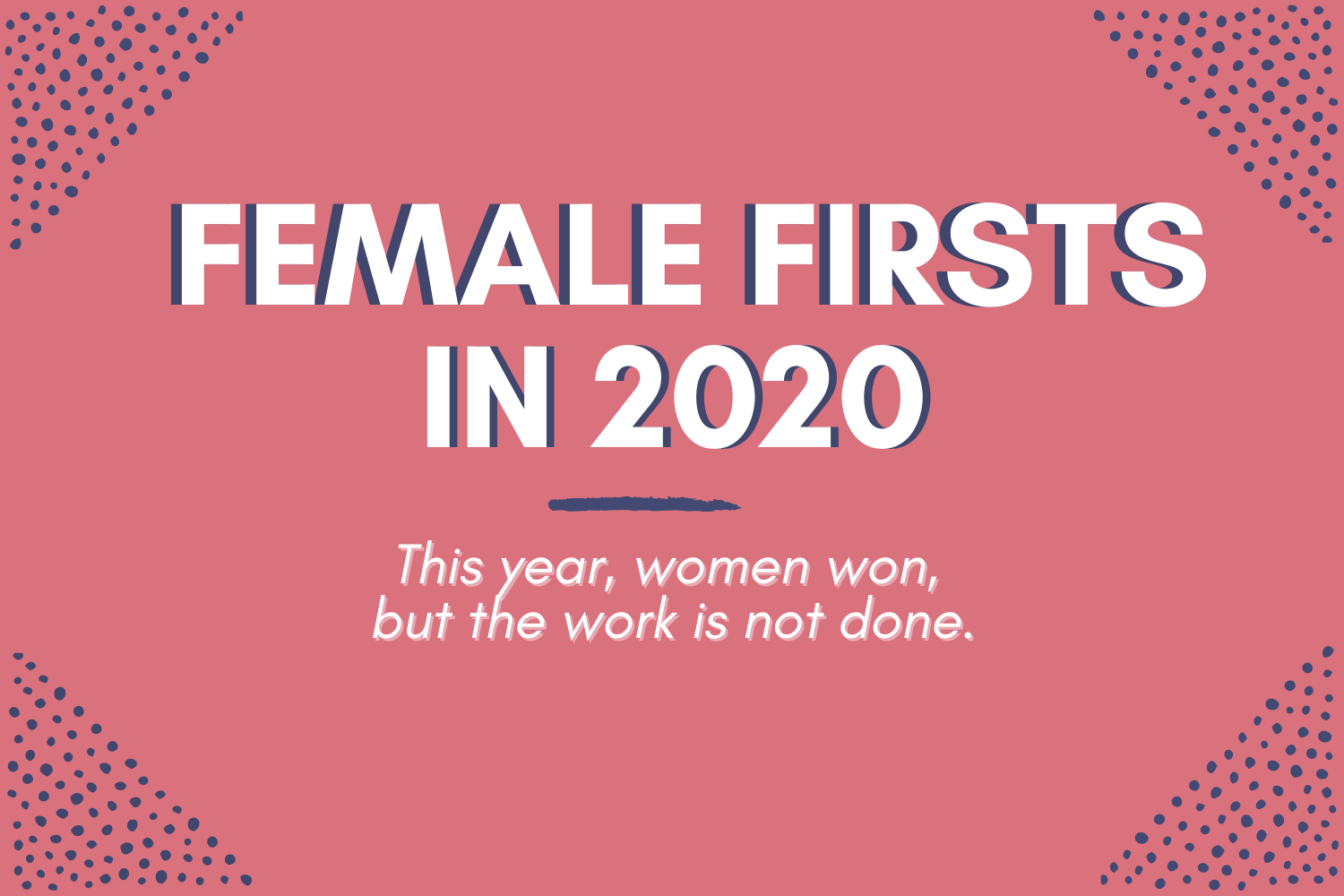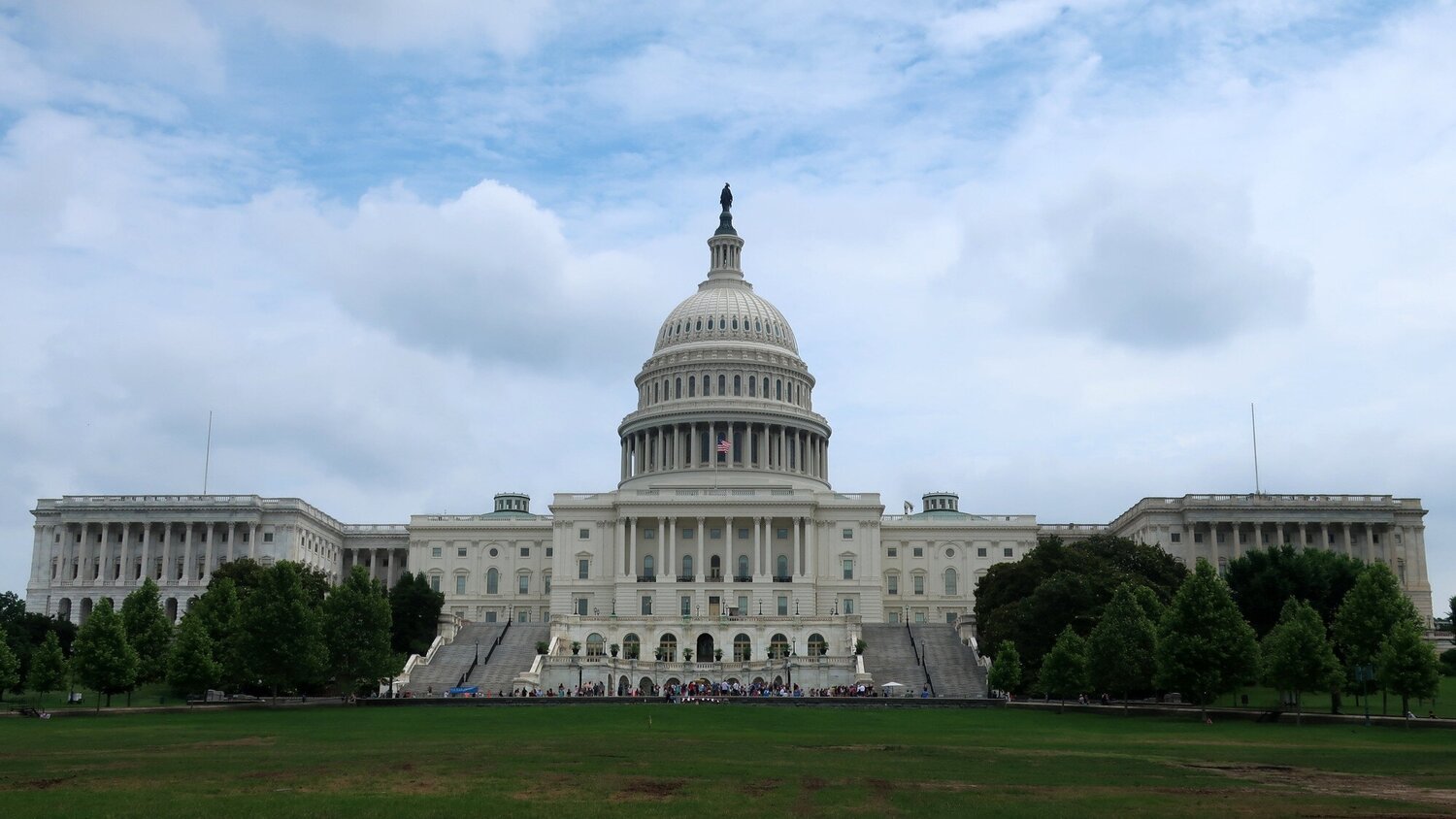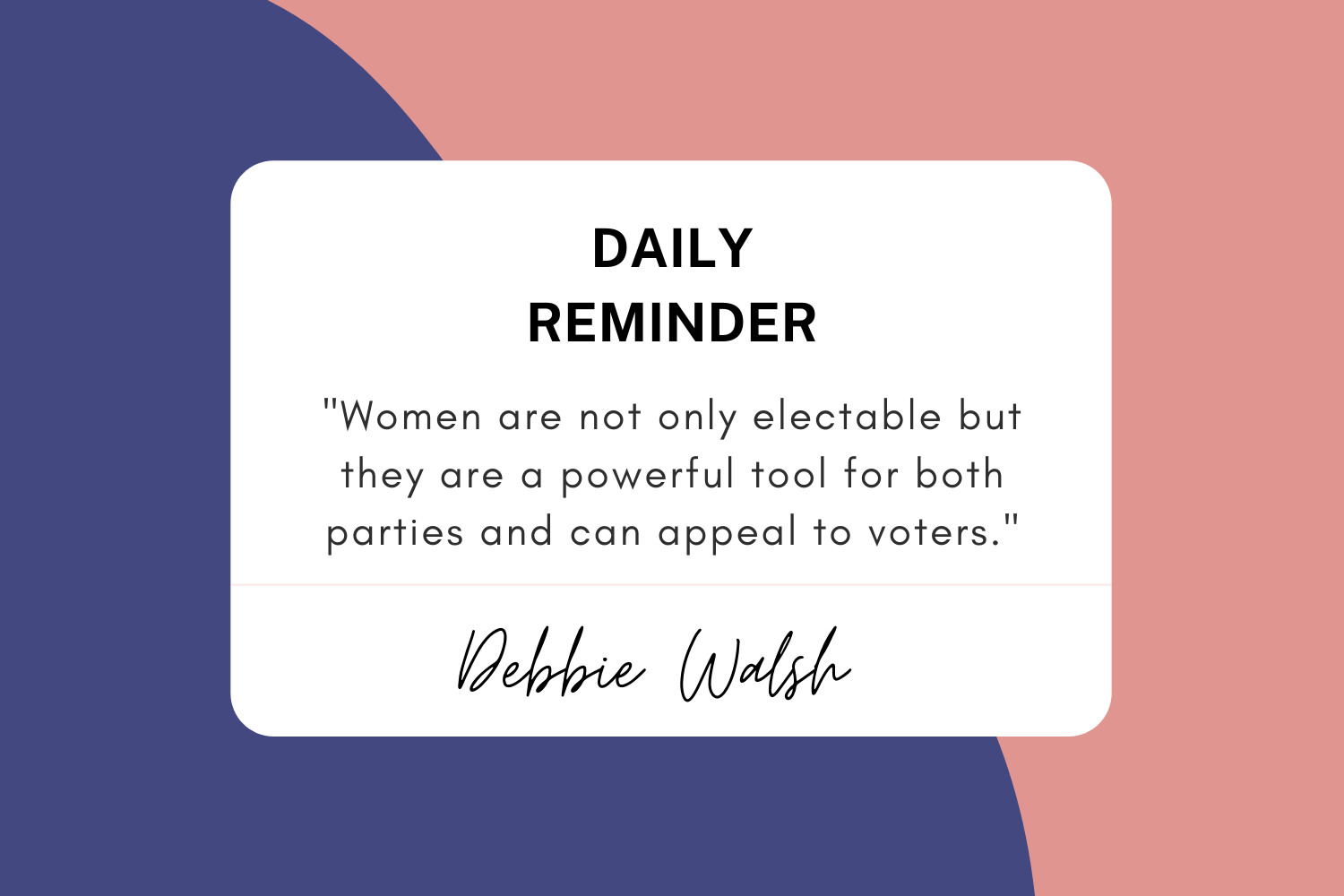2020 Female Firsts: Women Won This Year, but the Work Is Not Done.
About 65% of Americans turned out to vote in 2020, making this election cycle one for the history books, with the most Americans voting in over 100 years. As a result, our democracy has become even more representative of the American population. This election cycle opened more doors for women on the state and national level. As this historic year comes to a close, we want to share a few “firsts” for women as a result of the 2020 elections.
Yvette Herrell will be the first Native American Republican woman to serve in Congress. She is a member of the Cherokee Nation and is a part of the historic New Mexico delegation where all three of the state’s congressional representatives will be women of color including Teresa Leger Fernandez, and Debra Haaland. At the state level, the New Mexico Legislature is a majority-female for the first time.
Nancy Mace, the first female to graduate from Citadel Military College, will be shattering more ceilings as the first Republican woman to represent South Carolina in Congress. Mace is also only the second woman, Republican or Democrat, ever elected to serve a full congressional term in the state.
Susan Collins assumed office in 1997 and has now become the longest serving Republican woman in US history. She is considered a senior United States Senator for Maine.
Sarah McBride has become the highest-ranking openly transgender official becoming a U.S. state senator for Delaware. She is often credited with the passing of Delaware legislation banning discrimination on the basis of gender identity.
Cynthia Lummis will be the first woman to ever represent Wyoming in the U.S. Senate. She served in Wyoming state politics from 1979-2007 and as a U.S. Representative for the state from 2009 to 2017.
Ashley Hinson will be the first Republican female U.S. House Representative to be elected from Iowa. Previously, Hinson worked as a reporter in Cedar Rapids and as a member of the Iowa House of Representatives where she was the first woman to represent her district.
Stephanie Bice is the first Iranian-American ever elected to Congress. Since 2014, she has served in the Oklahoma State Senate.
Cori Bush will be Missouri’s first Black female representative to ever serve in the U.S. Congress. She previously worked as an ordained pastor, a registered nurse, in childcare, as the co-director of The Truth Telling Project, and as an Ambassador with the King Center.
Marilyn Strickland, Michelle Steel, and Young Kim will be the first three Korean-American women elected to Congress. Representative-Elect Strickland also will be the first Black Representative in the state of Washington at the federal level. From 2008 to 2009, she was on the Tacoma City Council and from 2010-2017 she served as mayor of Tacoma. Representative-Elect Steel, prior to her election, served on the President’s President’s Advisory Commission on Asian Americans and Pacific Islanders, California World Trade Commission, Los Angeles County Department of Children and Family Services, and Los Angeles Airport and Fire Commissions. Representative-Elect Kim served from 2014-2016 as the California State Assemblywoman and she became the first Korean-American in the California State Legislature, as well.
Kamala Harris will hold the highest position of any woman in American history as the first woman and woman of color to become Vice President in the United States. She previously served as district attorney of San Francisco and California, as junior United States senator for California, and as the second Black woman and first South Asian American to serve as U.S. Senator.
Women of color now hold 48 seats in the U.S. House. They have set new records in this election cycle with 25 of these women are Black women, 13 are Latinas, 8 are Asian or Pacific Islander women, 2 are Native American women, and 1 is a Middle Eastern woman.
Republican women now hold 28 House Seats. They have set a record for non-incumbent U.S. House winners with 17 women elected in 2020 elections. They have now greatly surpassed their previous record set in 2010 of 9 women.
Iowa’s congressional delegation will become majority female for the first time in state history. This comes only six years after Senator Ernst became the first woman from Iowa to go to Congress.
Nevada not only held its majority-female Legislature after the 2020 election, but it grew to more than 60% of seats that will now be filled by women.
It is evident that in states across the country, women are winning. But the fight is not over. Women in the U.S. House will be only 26.9% of all members, with 28 Republican women and 89 Democrat women. There are still four states, Alaska, Mississippi, North Dakota, and Vermont, who have never sent a woman to the U.S. House and only 11% of the U.S. House will be women of color.
Women in the U.S. Senate will be 24% of all members, with 16 Democrat women and 8 Republican women. There are still 17 states who have never had a female Senator and only 3 women of color will serve in the 117th Senate.
Women also only make up 30.3% of all statewide elected executive officials. In 2021, only 9 women will serve as governor and there are still 20 states that have never had a female governor.
In total, women are currently 50.1% of the American population, but these statistics—while historic—still fall short. Although advancements have been made in the 2020 election cycle, the United States has a far way to go to be fully representative of the American people. From gender gaps, ideological gaps, and racial gaps, the political process has yet to fully incorporate every perspective in the United States. While WPLN is committed to closing these gaps for center and center-right women, striving to close each of these gaps creates a potential for better policy outcomes for every American. Diversity is a strength of the American people and should be represented in our political process.
Women won in 2020, but the work is not done.



